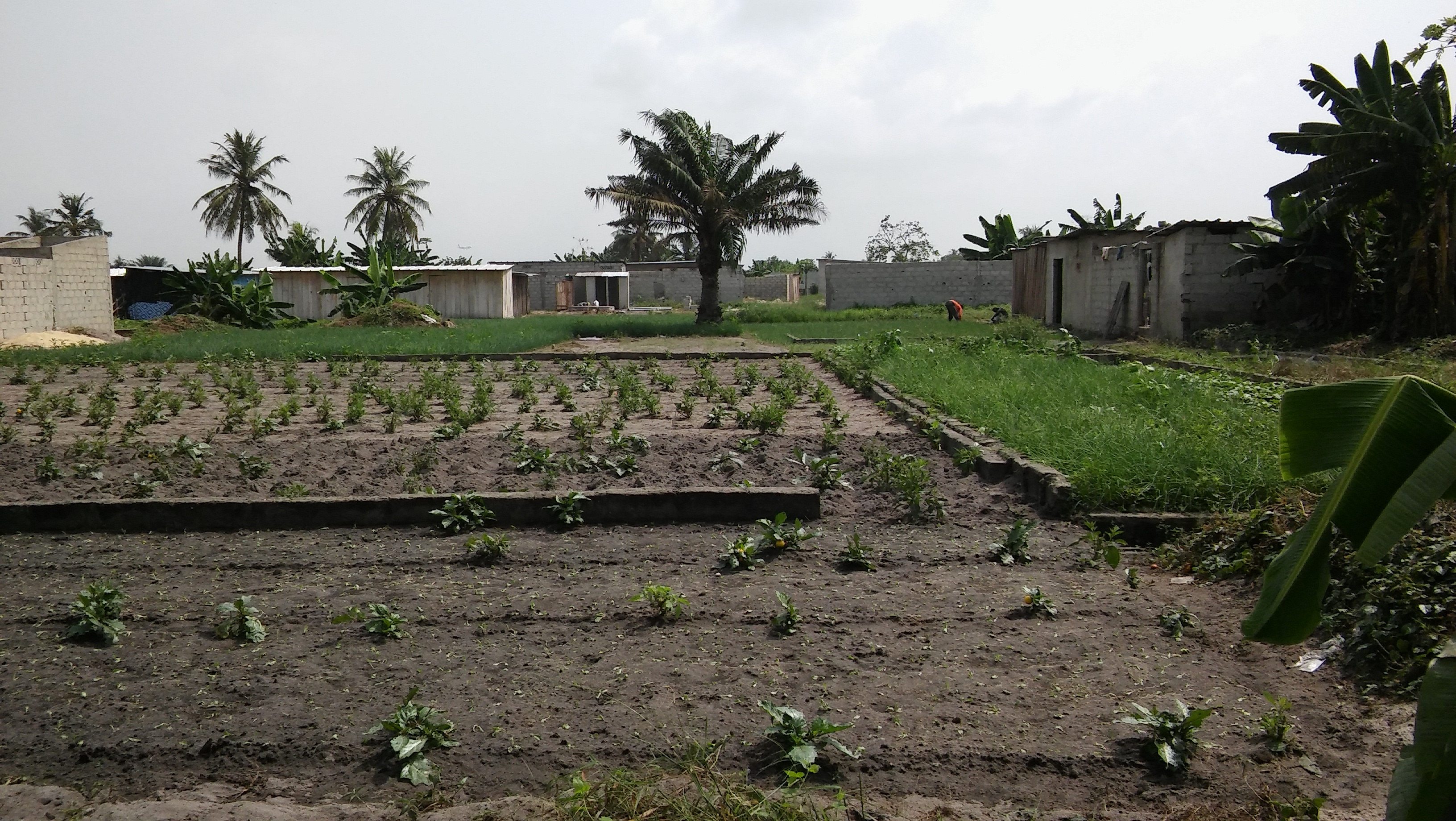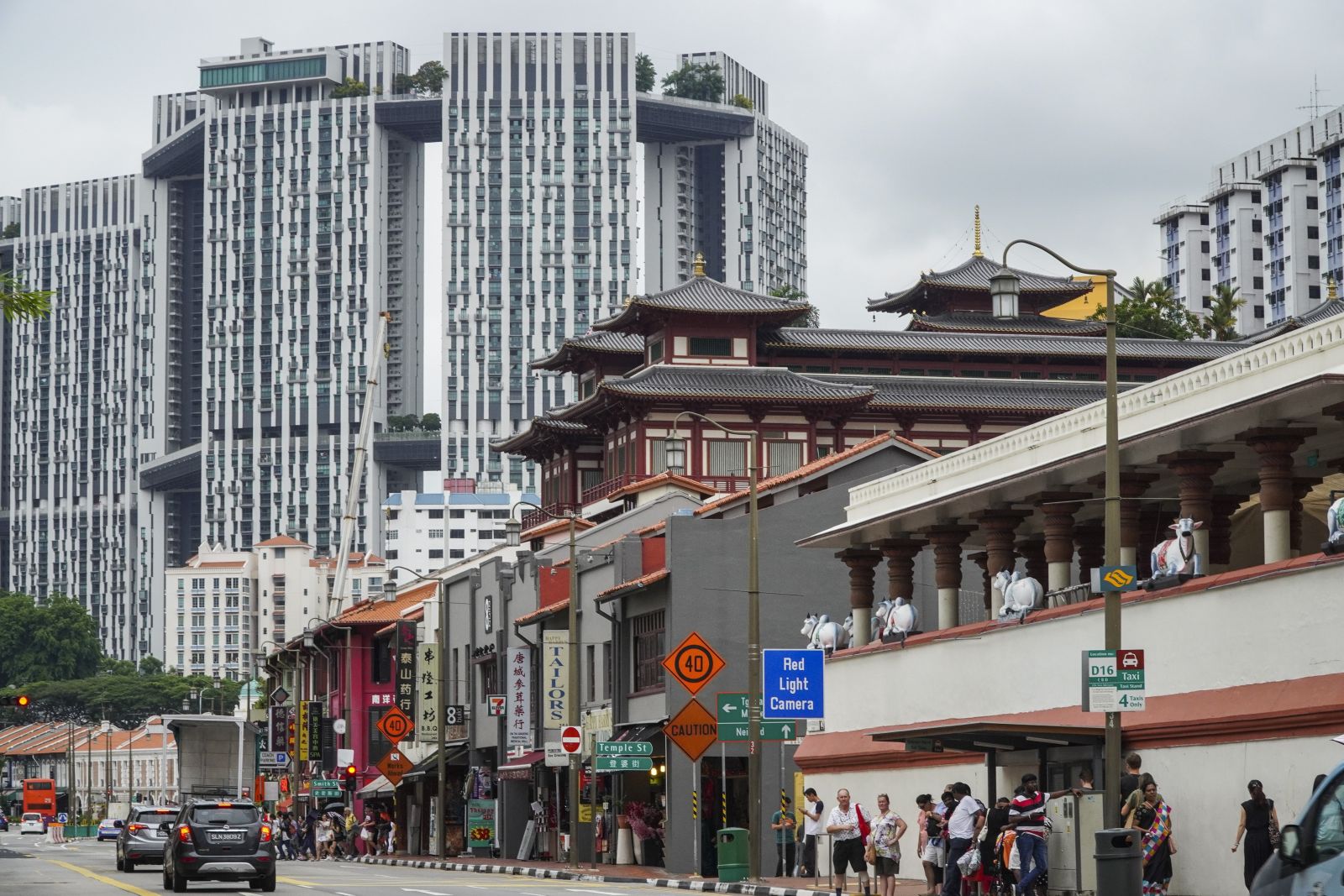Trade and urbanisation
Growing transport threatens climate

By 2050, carbon emissions from freight transport will grow by 290 %. The reason for this astonishing increase is that international freight volumes will grow more than fourfold, according to the Transport Outlook 2015. The Outlook is published by the intergovernmental think tank International Transport Forum (ITF), linked to the Organisation for Economic Cooperation and Development (OECD). José Viega, the ITF secretary-general, warns that “a quadrupling of freight emissions can seriously undermine climate change mitigations”.
According to the study, some 85 % of total international freight volume is shipped by sea. By 2050, the largest tonnage of goods will be carried across the North Pacific Ocean. Asian-North American trade is expanding. Currently, the North Atlantic is the world’s busiest trade corridor, linking Europe and North America. The ITF experts predict that the Indian Ocean will see large growth as well, with freight volume quadrupling.
Road traffic is much more environmentally damaging however. Around half of the total carbon emissions from international trade-related freight is caused by road transport, and this share is set to grow to 56 % over the next 35 years, but the freight volume carried by road is a mere six percent today and predicted to rise to 10 % in the same period. Air freight holds the smallest share of freight, but is growing the most and is the most carbon-intensive mode of transport.
The ITF authors found that transport within the African and Asian continents will grow particularly strongly: intra-African freight volumes are projected to increase by 715 % and intra-Asian by 403 %. Road transport is dominant in both continents.
With trade growing strongly, freight transport by road and rail will emit more carbon than passenger transport by 2050. Asia – thanks to its huge economies India and China – will account for over half of the global freight transport by road and rail, up from 35 % today.
Emerging economies shape the future
Cities with more than half a million inhabitants in China, India and Latin America will determine the future of passenger transport and its impact on climate change, according to the Transport Outlook. If current urbanisation patterns remain unchanged, the cities of emerging markets will account for one fifth of world passenger-transport emissions by 2050 – and thus more than double their share compared to 2010.
The ITF offers several scenarios for urban transport. Whether policies promote public or private transport has major impacts for the amount of emissions, it states. For example, policies that encourage private transport in Latin America would accelerate emission growth by 35 %, while public-transport driven urbanisation could reduce it by 31 %.
The authors warn against simple answers though. They are not in favour of banning polluting two-stroke three-wheelers in Indian cities for instance. The reason is that most people would switch to two-wheelers. Reducing the number of three-wheelers by 80 % would lead to a mere four percent reduction in carbon emissions, the ITF estimates, but many passengers, including aged people, who depend on three-wheelers, would face serious hardship.
Fuel prices are another important factor for the growth of transport, with high prices leading to a slower expansion. The ITF experts found out that the best approach is to make coherent policies on urban sprawl, fuel prices and public transport. They argue that concerted efforts can maintain current shares of public transport in Latin American and Indian cities and significantly slow down the trend to private transport in China.
According to the study, the efficiency of the global transport system must improve too. Industries must optimise their supply chains, the vehicles should always be full, and more policies to reduce carbon emissions have to be introduced. Sensible approaches would be to lower emissions of the existing fleet and use alternative modes of transport.
Katja Dombrowski
Link:
ITF Transport Outlook 2015:
http://www.internationaltransportforum.org/pub/TranspOutlook.html











